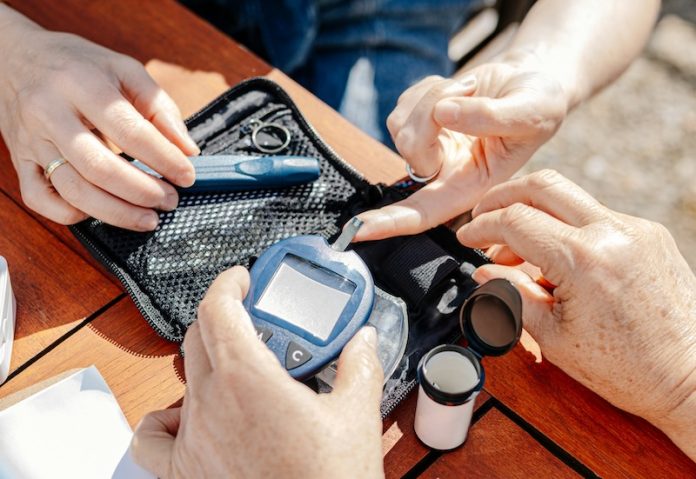
More than 36 million Americans have type 2 diabetes, a condition that occurs when the body becomes resistant to insulin, leading to high blood sugar levels. With obesity rates rising, cases of type 2 diabetes are increasing in the U.S. and worldwide.
While lifestyle changes are known to prevent type 2 diabetes, many wonder: Can it be reversed once diagnosed?
According to Dr. Gerald I. Shulman, a leading diabetes researcher at Yale School of Medicine, the answer is yes. “If you reverse insulin resistance, you reverse type 2 diabetes,” he explains. His research, published in the journal Diabetes, shows that even a modest weight loss of 10% can significantly improve insulin sensitivity and lower blood sugar levels.
Weight Loss Can Reverse Type 2 Diabetes
Shulman and his team have demonstrated in multiple studies that losing weight can restore the body’s ability to use insulin properly. However, one of the biggest challenges is keeping the weight off. Many people who successfully lose weight end up regaining it over time.
This is where GLP-1 medications, a new class of anti-obesity drugs, can help. These medications support long-term weight management, making it easier for people with type 2 diabetes to sustain improvements in blood sugar control and overall health.
The Best Strategies to Improve Insulin Sensitivity
Dr. Patricia Peter, an endocrinologist at Yale, emphasizes that the best way to reverse type 2 diabetes is to reduce insulin resistance. She recommends three key strategies:
- Achieve a Healthy Weight – Even small weight loss can make a big difference.
- Exercise Regularly – Physical activity helps the body use insulin more effectively.
- Limit Sugar and Processed Carbohydrates – A balanced diet with fewer simple carbs can help maintain stable blood sugar levels.
Why Reversing Type 2 Diabetes Matters
Lowering blood sugar levels isn’t just about diabetes—it impacts overall health. High blood sugar over time can cause vision loss, nerve damage, kidney failure, and heart disease. By improving insulin sensitivity, people can prevent serious complications and improve their quality of life.
Shulman highlights an even bigger benefit: Reversing insulin resistance can also reduce the risk of other major diseases, including heart disease, fatty liver disease, obesity-related cancers, and even Alzheimer’s disease.
Takeaway
Type 2 diabetes doesn’t have to be permanent. By making lifestyle changes and using new medical treatments when needed, many people can reverse the condition and protect their long-term health. The sooner insulin resistance is addressed, the better the chances of preventing complications and leading a healthier life.
If you care about diabetes, please read studies about a cure for type 2 diabetes, and these vegetables could protect against kidney damage in diabetes.
For more information about diabetes, please see recent studies about bone drug that could lower risk of type 2 diabetes, and results showing eating more eggs linked to higher risk of type 2 diabetes.
The research findings can be found in Diabetes.
Copyright © 2025 Knowridge Science Report. All rights reserved.



